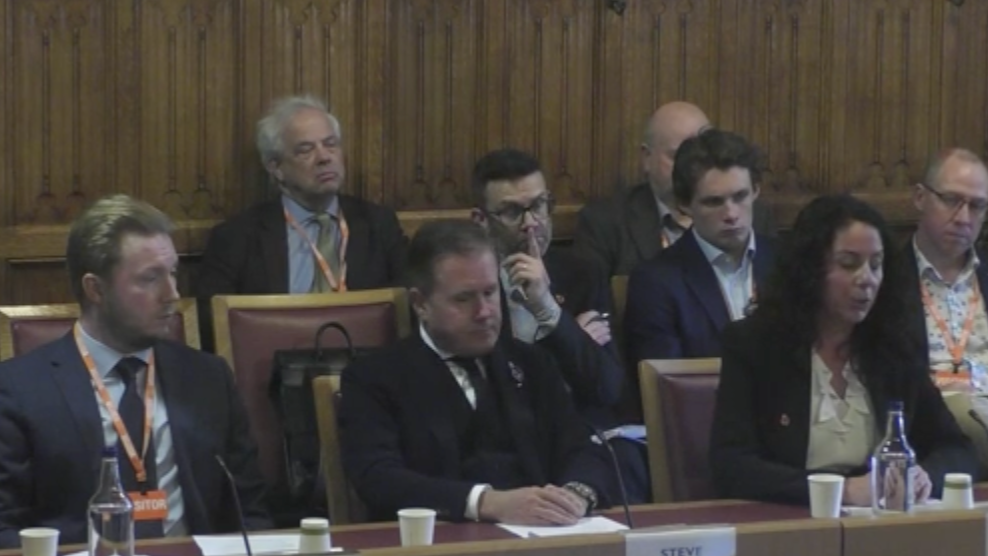Changes to business property relief are putting older generation business owners in a “difficult spot”, according to a panel of industry experts.
Appearing in front of the Finance Bill sub-committee, three witnesses gave evidence on the incoming changes to BPR and said family-owned businesses were still in a position of somewhat “shock”, even though its been a year since the plans were announced.
They all agreed awareness of the changes among SMEs was “very low” despite being the group to be most affected.
Natalie Butt, director of private client at Crowe UK, said older business owners were finding it very difficult to make a decision on what to do when it came to their succession plans.
“They have options, but they’re just concerned that if they started to give things away and they weren’t going to survive [the seven years], then they may not be able to put in place what they wanted to do.
“From our point of view, we are seeing people who are really worried about what they need to do, and that fear is stopping them from making decisions.
We are seeing people who are really worried about what they need to do, and that fear is stopping them from making decisions
“So even if they have a succession plan in place, I don’t think they’ll be able to get past that to be able to implement it in time,” she said.
Steve Rigby, chair of Family Business UK, agreed these changes were going to impact generations who were in their 70s and 80s given how long it takes to build robust succession plans.
“That whole journey takes a long time, and talking to many family businesses, people are in somewhat of a panicked mode, and when you make rash decisions, often they’re the wrong decision.
“So we are seeing some businesses reacting quickly because they feel they have to. We’re also seeing people that are worried and they’re panicking and they’re not doing anything,” he added.
Disincentivise investment
Rigby believed if these changes were to go through it would disincentivise people to grow their businesses who were older.
“Where is the incentive to grow your business when you might be multiplied by six, seven or eight times that growth in a tax liability. We are in a difficult spot, especially for elder generation businesses,” he said.
James Brougham, senior economist at Make UK, also said his organisation’s main concern was the impact these changes would have on business decisions in terms of investment.
Talking to many family businesses, people are in somewhat of a panicked mode, and when you make rash decisions, often they’re the wrong decision
For those businesses who understand what changes are coming, the disincentivisation of investment in the next 12 months would be “significant”.
Rigby felt there was a high level of ambiguity around how the changes would be implemented.
“HMRC has not clarified, certainly to the adviser network and to organisations [such as ours], a clear path forward, partly because this is a complex area,” he added.
He also believed the timeframe of giving businesses six months to value themselves for BPR was “unrealistic” given it has never been done before and because how the government wants it to be done was not “desperately clear”.
Butt highlighted how those part of family trusts also needed to be made well aware of the changes coming.
Especially if a person’s only asset within a trust was company shares or business assets and they have no liquidity to pay that tax.
“[HMRC] should have the details of trustees and they should be able to write to them specifically to say that when it comes to your next 10 year anniversary, you need to be careful about what the tax position is,” she urged.
alina.khan@ft.com
Have your say in the comments section below or email us: ftadviser.newsdesk@ft.com

